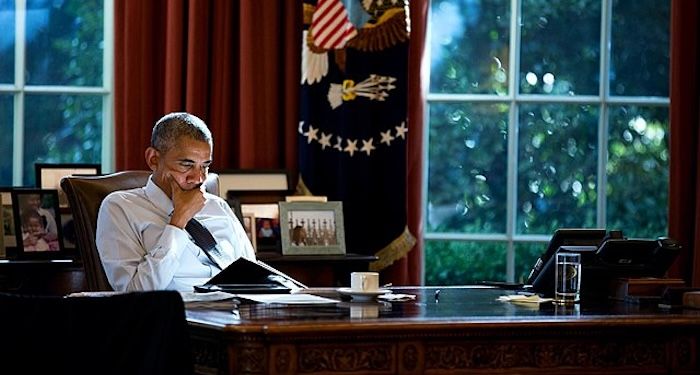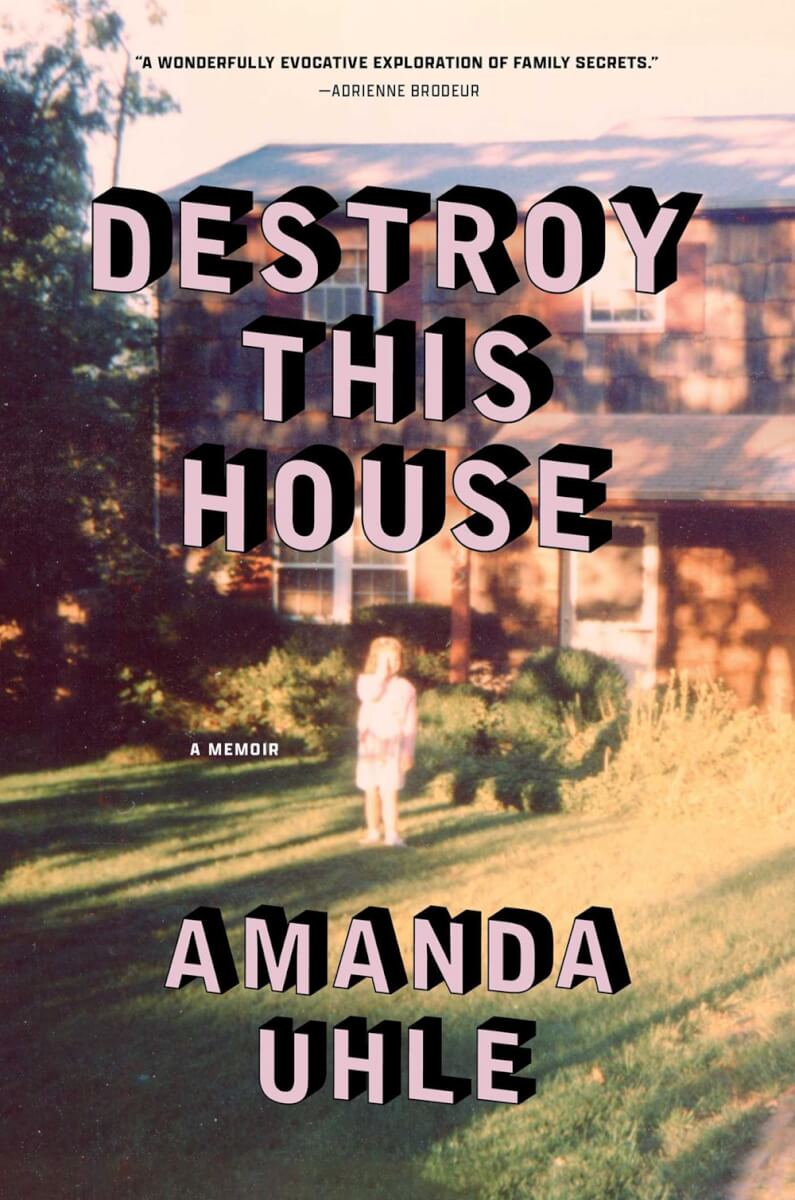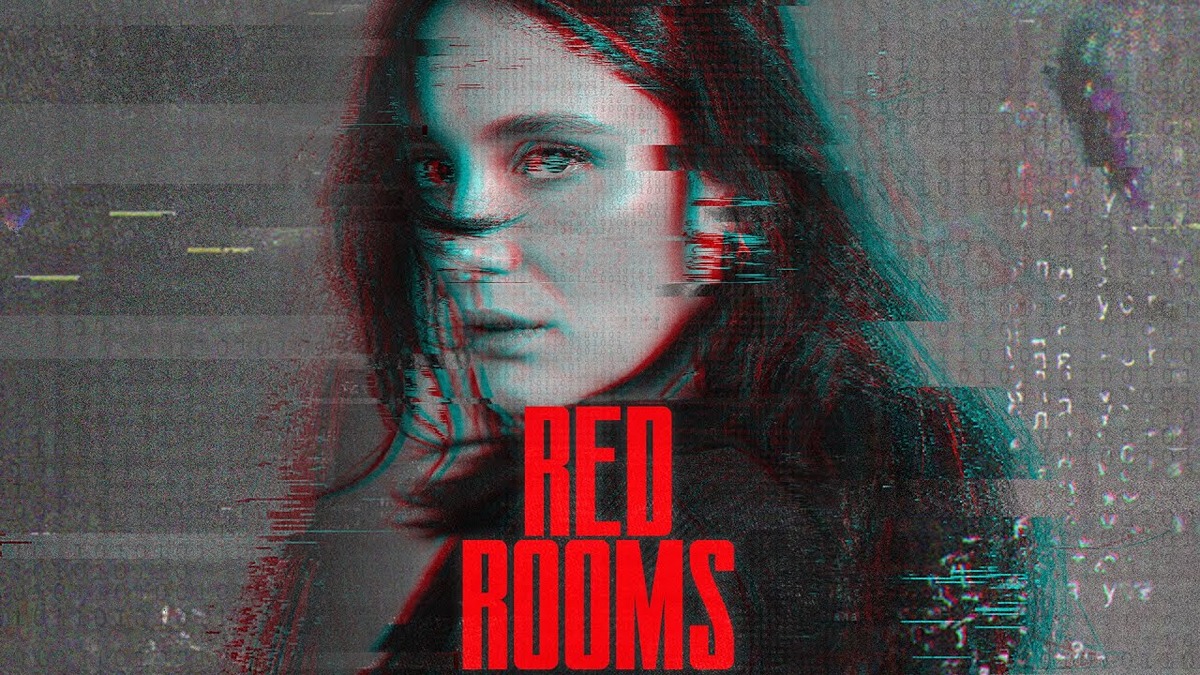In The Conjuring of America: Mojos, Mermaids, Medicine, and 400 Years of Black Women’s Magic, Lindsey Stewart explores the ways in which West African religious traditions have permeated American culture, and how the perseverance, ingenuity and intellectual rigor of Black women made that possible. While it is true that enslaved Africans lost their freedom in the Middle Passage, they did not lose the rich traditions they carried with them from their Yoruba, Congolese and Fon roots. Instead, they built upon them, using their knowledge of spiritual practices, osteopathic expertise and culinary skills not only to survive during slavery, but also to enrich American religion, medicine and cuisine.
Stewart, a University of Memphis philosophy professor and the author of The Politics of Black Joy, uses Black feminine paradigms—from the original Black mermaid, Mami Wata, to the granny midwives who revolutionized American obstetrics—to explain how Black women’s “conjuring” is more than pouches and potions. Their folk magic and healing practices make them conduits of culture that shaped how Americans live, eat and take care of themselves. However, Stewart argues, those contributions often go unnoticed in a capitalist society where Black women’s knowledge was co-opted early to make millions for white businessmen who exploited the very community that made their wealth possible. For instance, there is the story of Vicks VapoRub, a salve that is almost ubiquitous in American households, but was likely pilfered from the home remedies of an enslaved woman who was owned by the family of the man who brought the product to medicine cabinets around the world. There is also Aunt Jemima, a fictional figure based on Negro mammies and depicted in minstrel shows as a docile slave, whose caricature was used to sell nostalgia to early 20th-century white Americans in search of a taste of the old plantation. But to Black Americans, writes Stewart, the archetypal Aunt Jemima was a conjure woman who provided spiritual comfort, nursing and mentorship in their enslaved Black communities.
In a culture where Black women are often portrayed as unqualified, uninspiring and un-American, The Conjuring of America makes clear that their innovations are woven into the very fabric of American identity, and that Black women continue to shape who we are and how we live.


















